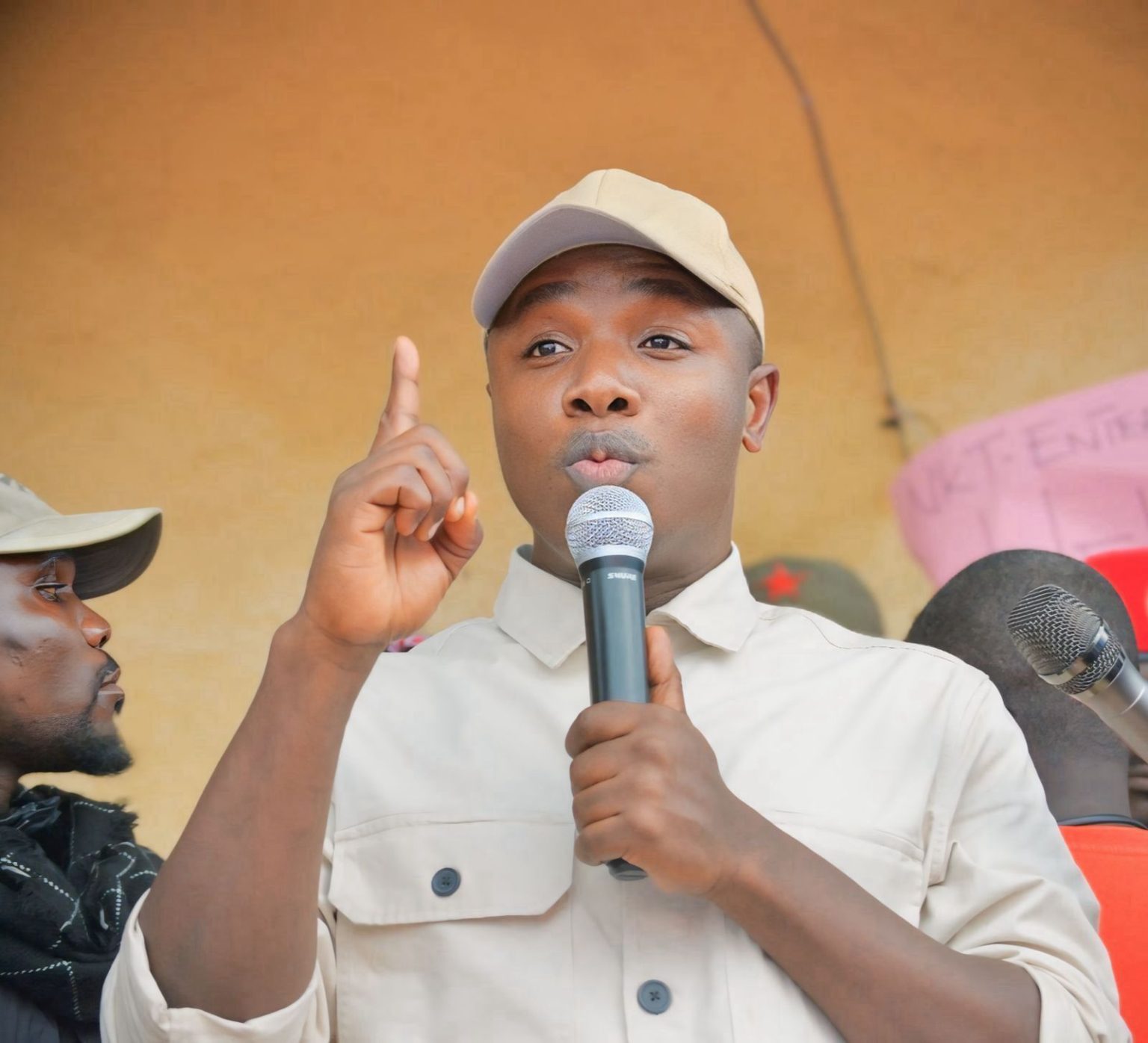Former Monrovia City Mayor, Jefferson Tamba Koijee, is vehemently protesting his prolonged association with alleged atrocities committed during the previous administration of George Weah. He asserts that these accusations, which led to sanctions against him by the U.S. Treasury’s Office of Foreign Assets Control (OFAC), are baseless and stem from a smear campaign orchestrated by individuals now holding positions of power within the current administration of President Boakai. Koijee demands an investigation and prosecution by the Boakai administration to clear his name and expose the alleged hypocrisy of those he claims are the true perpetrators of violence and corruption. He argues that his accusers, now wielding governmental authority, are exploiting their positions to shield themselves from scrutiny while simultaneously perpetuating human rights abuses and suppressing dissent.
Koijee’s central argument revolves around the notion of selective justice. He highlights the irony of being targeted with accusations while those he believes are responsible for actual crimes remain free and protected by the current government. He cites the unsolved murder of Charloe Musu as a prime example, pointing to the release and subsequent government appointment of former Chief Justice Gloria Musu Scott, the only person arrested in connection with the case, while the alleged “real killer” remains at large. Koijee contends that this demonstrates a pattern of politically motivated prosecutions and a blatant disregard for genuine justice. He portrays the Boakai administration as prioritizing political vendettas over the pursuit of truth and accountability, thereby fostering an environment of lawlessness and impunity.
Furthermore, Koijee accuses the Boakai administration of presiding over a dramatic escalation in human rights violations. He alleges that the Liberia National Police (LNP) has become a tool of state-sponsored violence, engaging in brutality, extrajudicial killings, and the suppression of dissent. He cites several specific incidents, including the gruesome murder of a woman in Lofa County, the death of a murder suspect in police custody, and the killing of a Fulani businessman, allegedly by the Liberia Drug Enforcement Agency (LDEA). Koijee emphasizes the lack of accountability in these cases, contrasting it with the intense scrutiny he faced under the previous administration. He questions the silence of the international community regarding these alleged abuses, suggesting a double standard based on political affiliations.
Koijee’s narrative paints a picture of a government steeped in hypocrisy and corruption. He argues that the “new dawn” promised by the Boakai administration has quickly devolved into a charade, marked by the manipulation of justice for political gain and the protection of criminals within its ranks. He asserts that the current administration is using state institutions to silence opponents while allowing crime and human rights abuses to flourish unchecked. He calls on the international community to intervene and hold the Boakai administration accountable for its alleged actions, warning of the potential for Liberia’s descent into anarchy if the current trajectory continues.
Central to Koijee’s defense is his insistence that the accusations against him are politically motivated fabrications. He maintains that despite years of intense scrutiny and propaganda, no credible evidence has been presented to substantiate the claims against him. He argues that the OFAC sanctions were based on unverified allegations peddled by individuals now in positions of power, who are using their influence to deflect attention from their own alleged misdeeds. Koijee frames himself as a victim of a political witch hunt, targeted for his association with the previous administration and now being scapegoated for the current government’s failures. He demands a fair investigation and trial to prove his innocence and expose the alleged machinations of his accusers.
Koijee’s call for action is a direct challenge to the Boakai administration and the international community. He demands an investigation and prosecution not merely to clear his name, but also to expose what he claims is a systemic problem of corruption and impunity within the Liberian government. He argues that the failure to address these issues will have dire consequences for the country, leading to further instability and human rights abuses. He urges the international community to intervene and hold the Boakai administration accountable, warning that Liberia’s future hangs in the balance. The lack of response from the government to these serious allegations further fuels the narrative of a government unwilling to address the concerns raised by its critics and potentially complicit in the alleged abuses.














